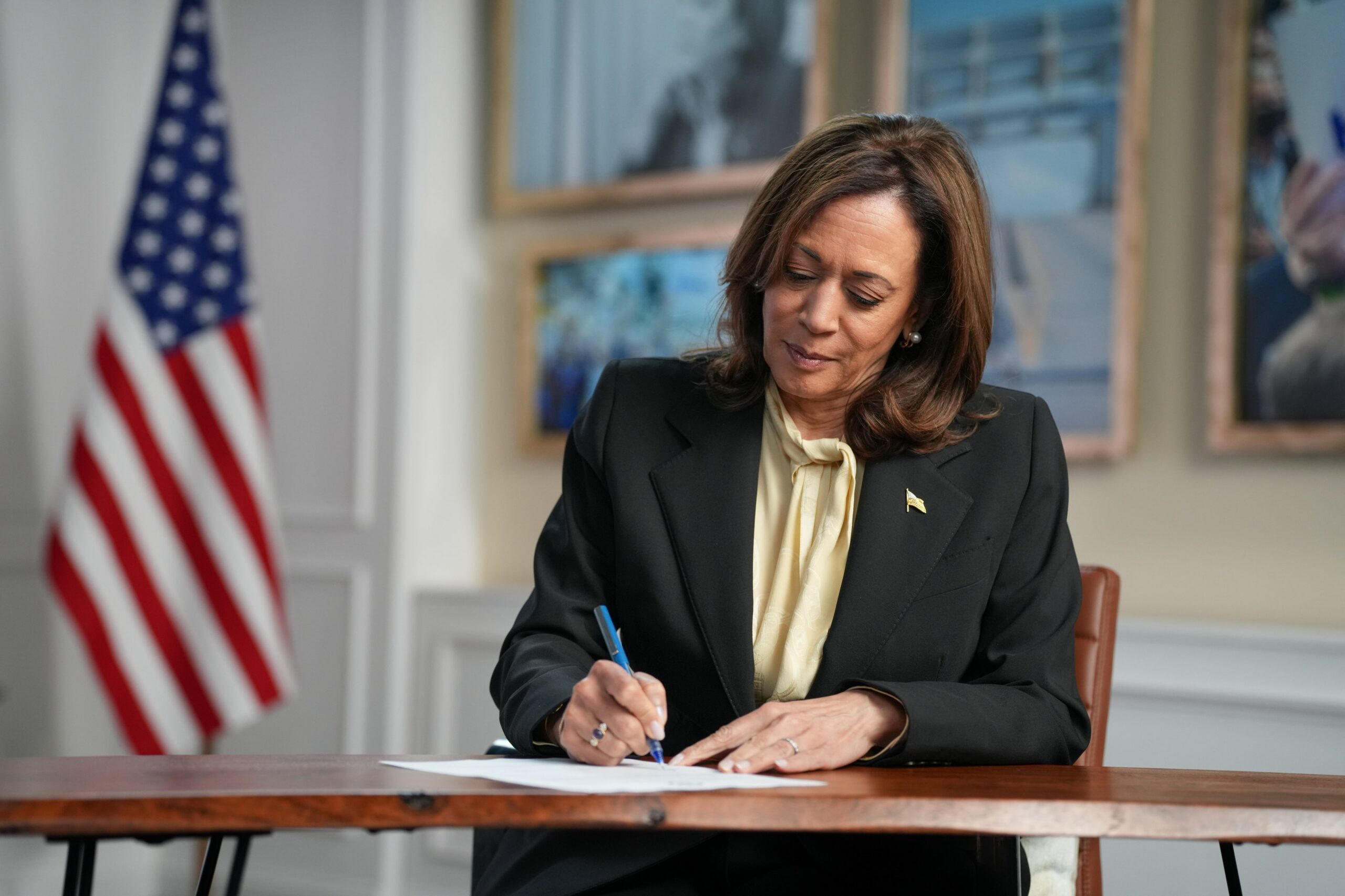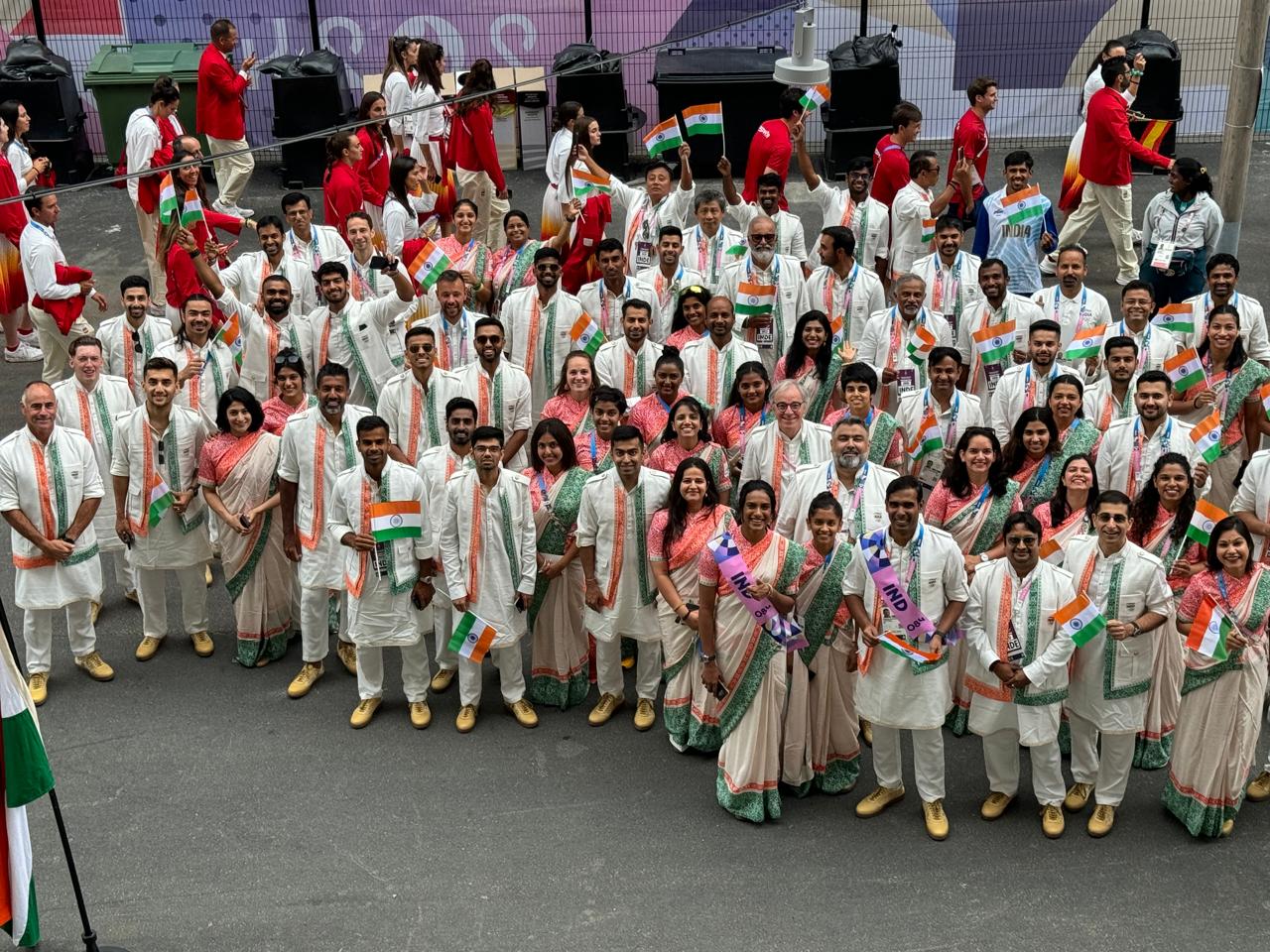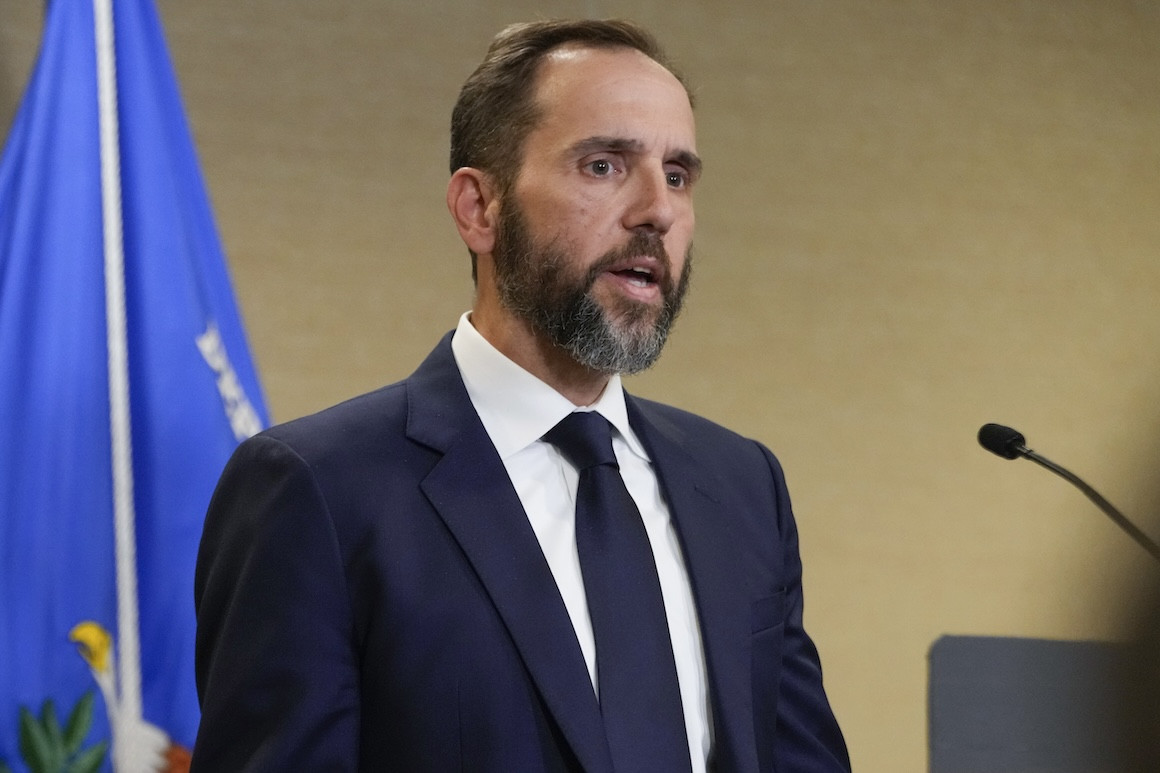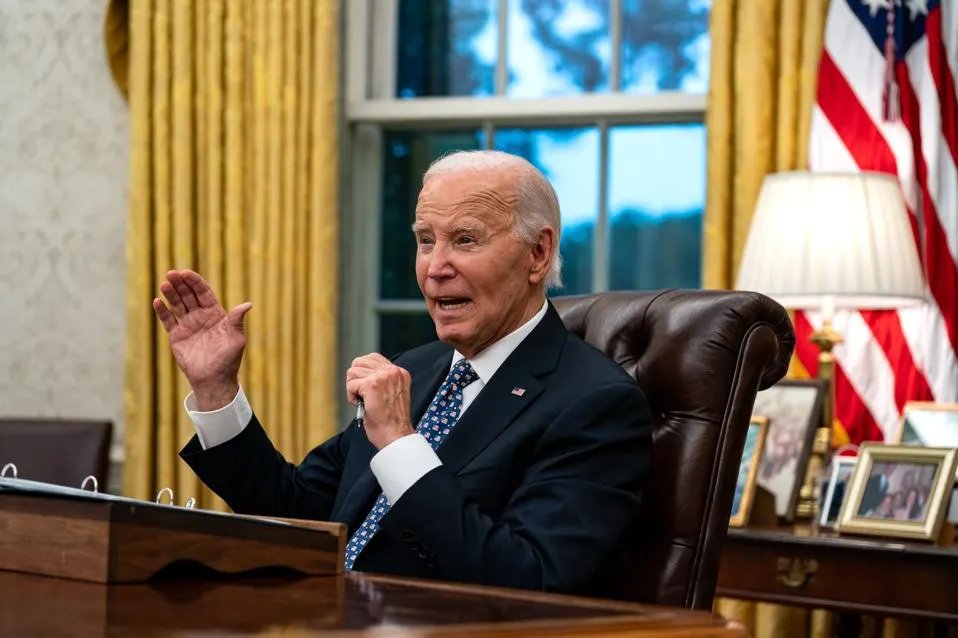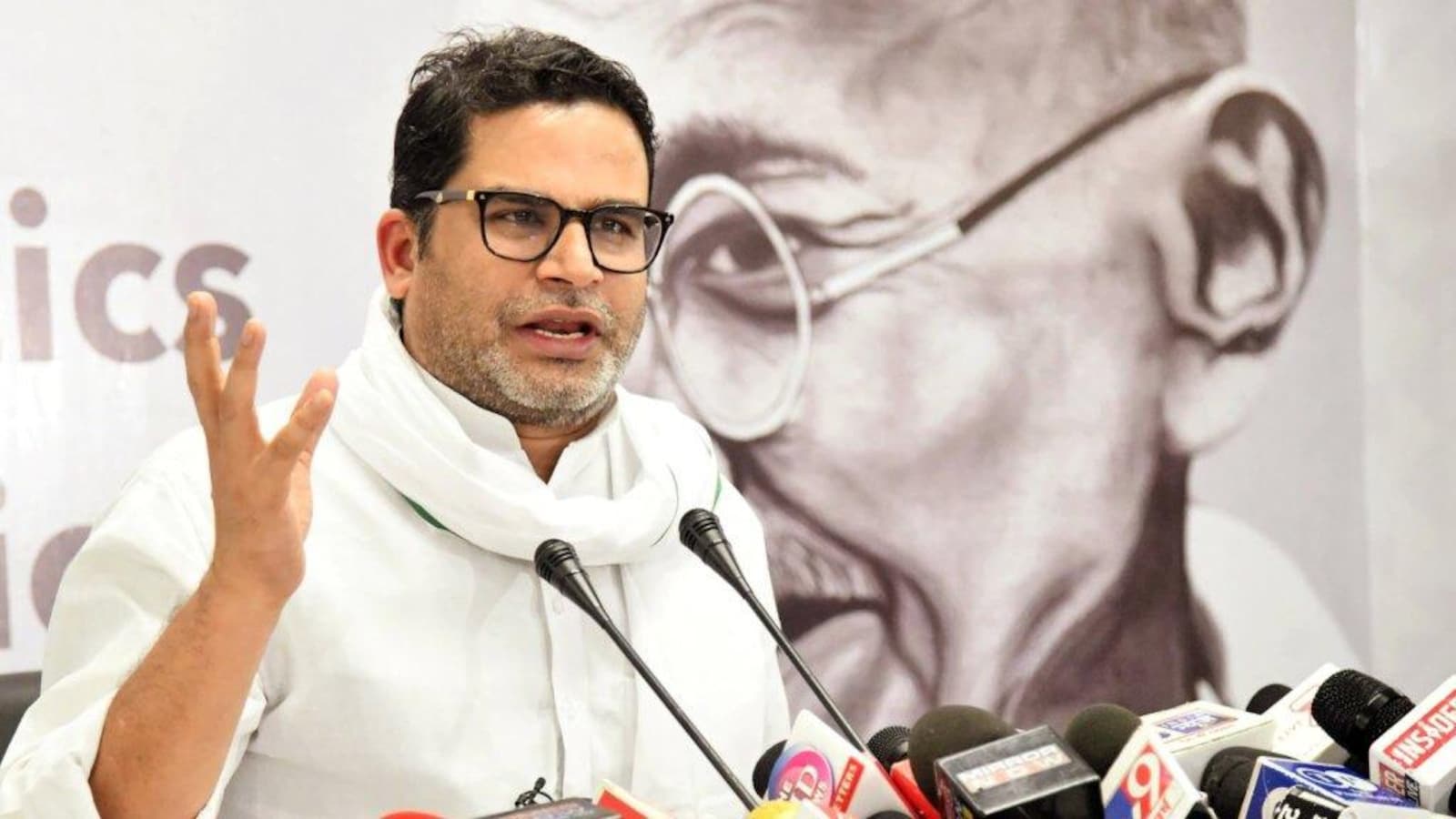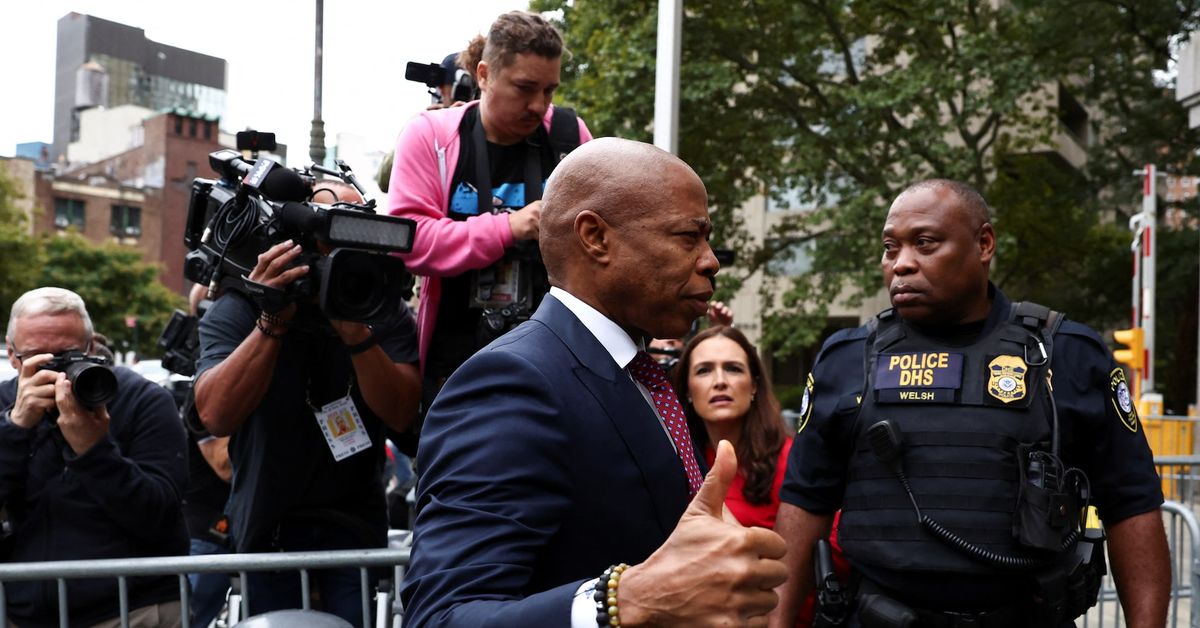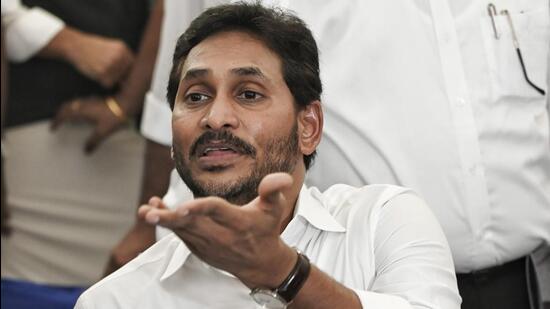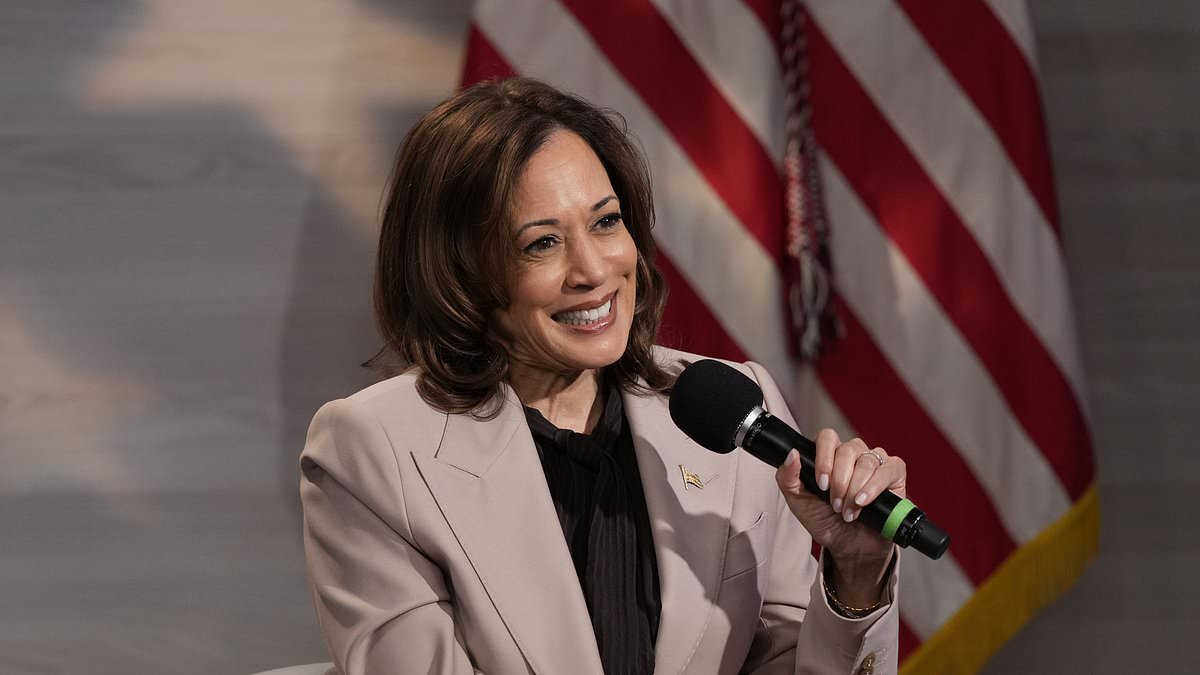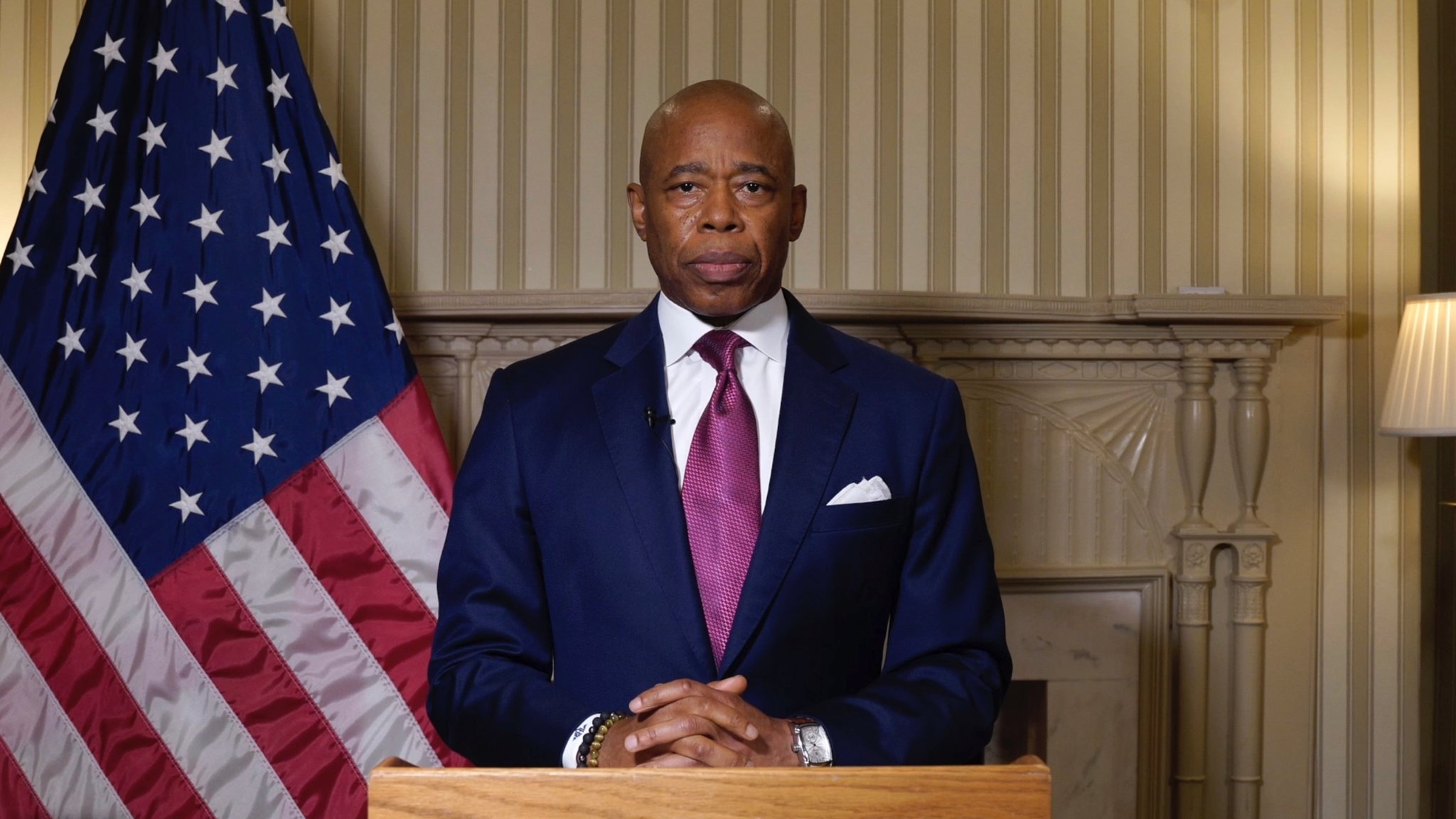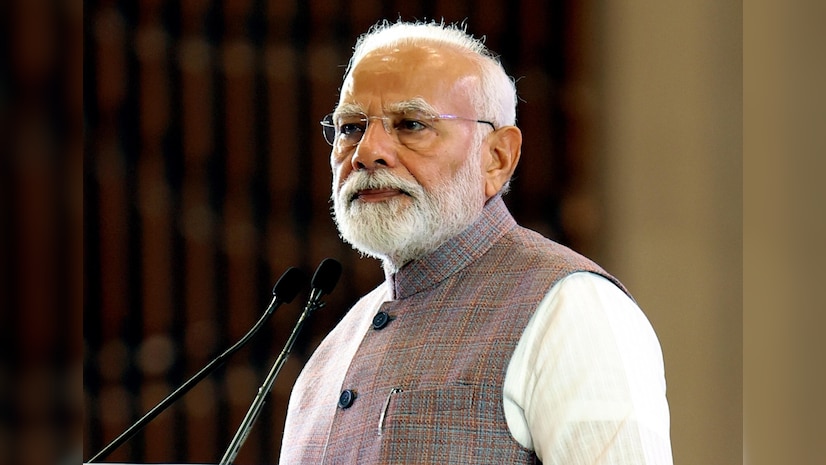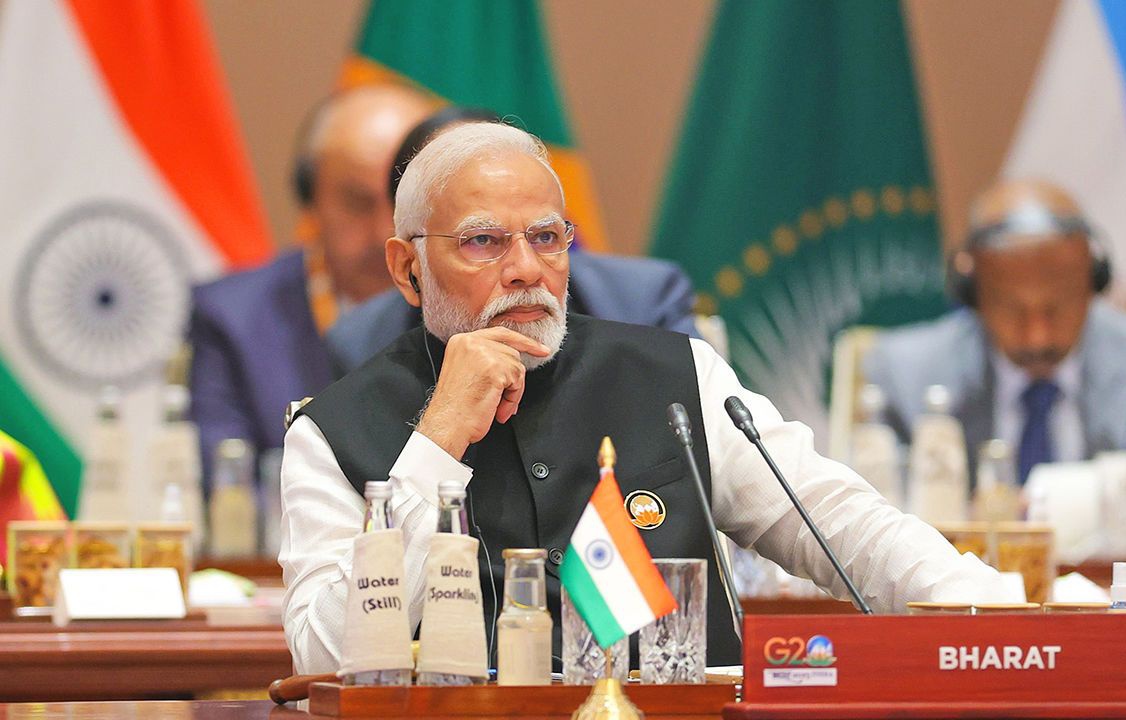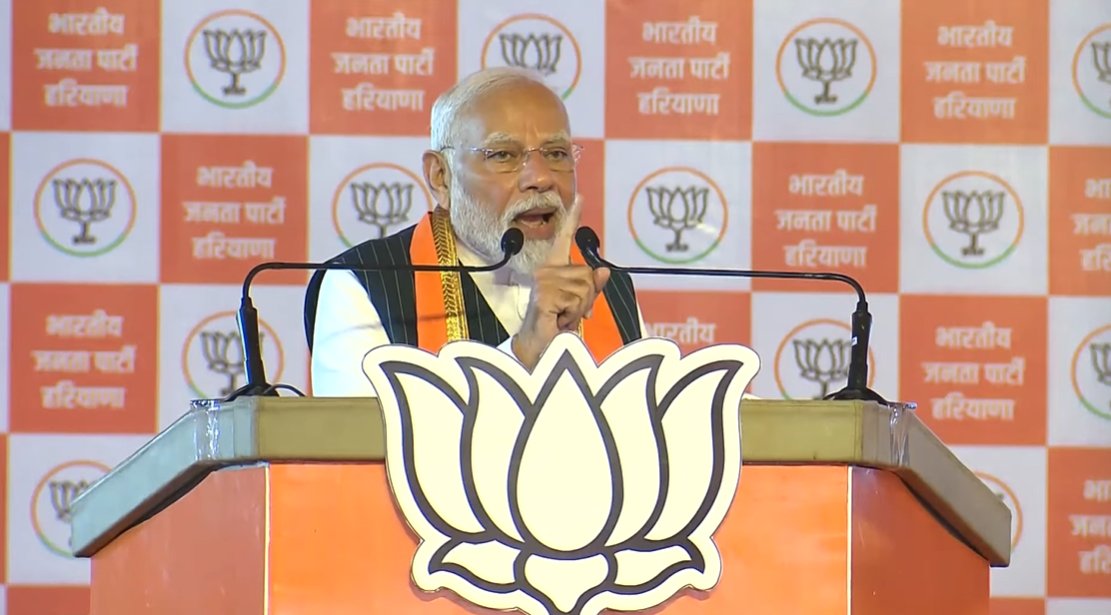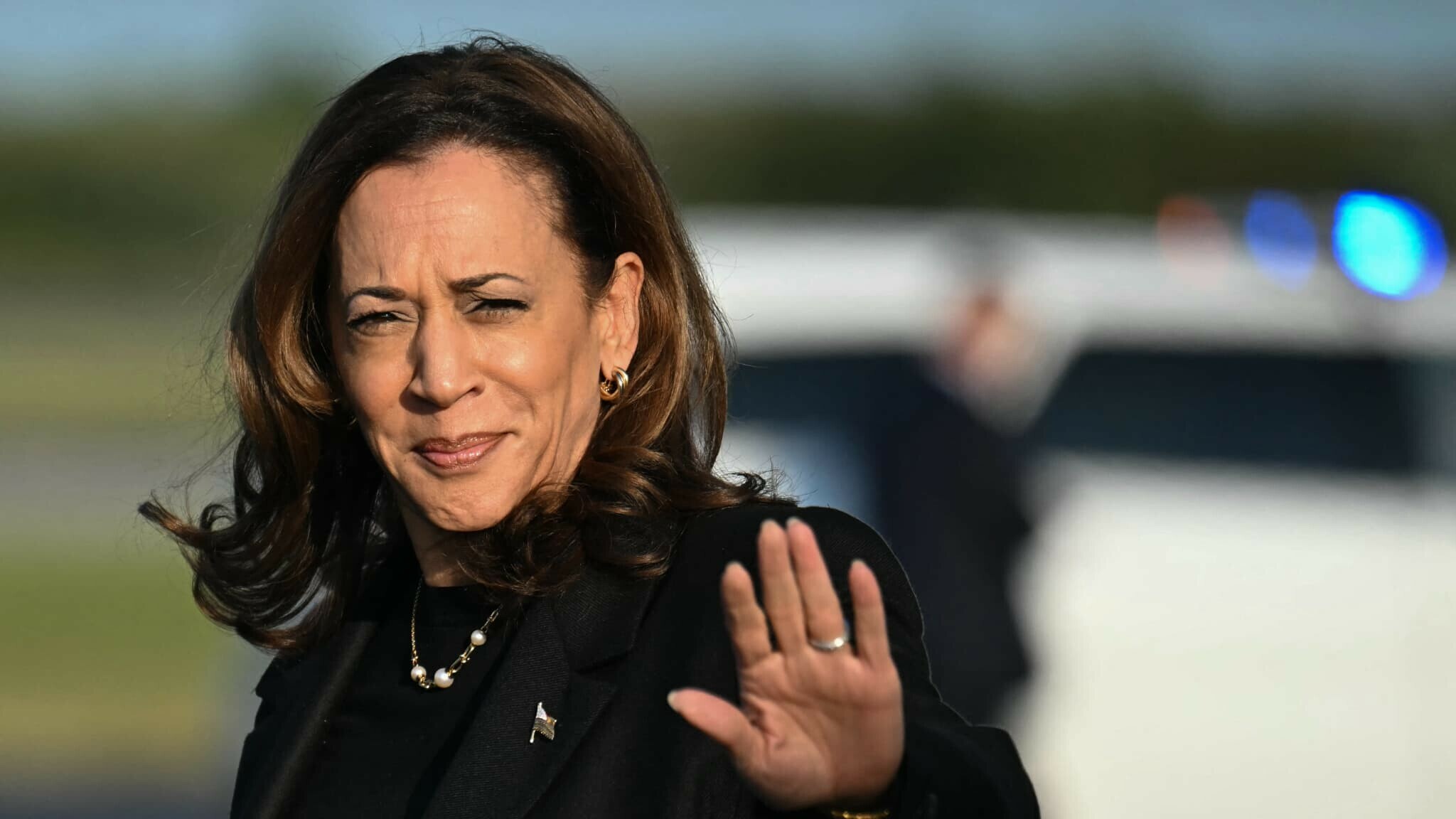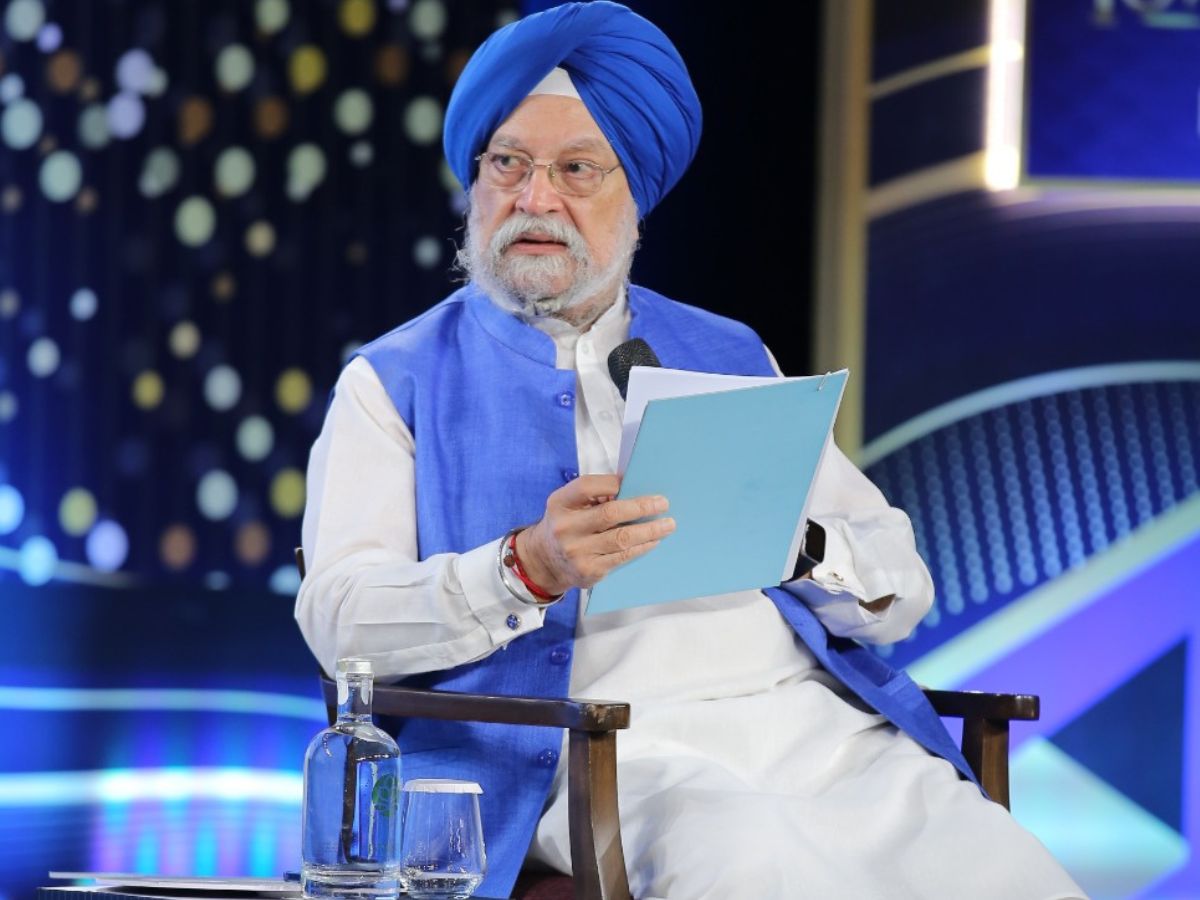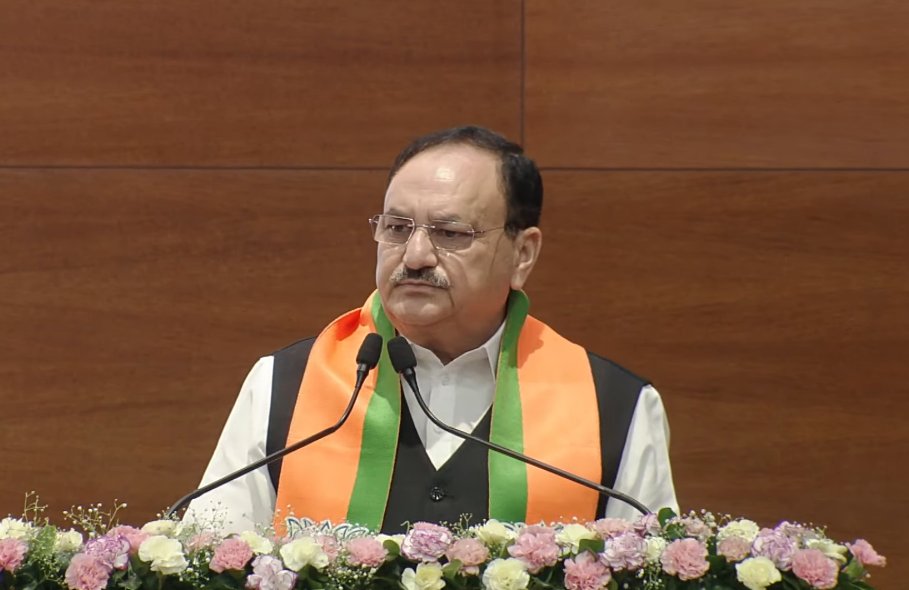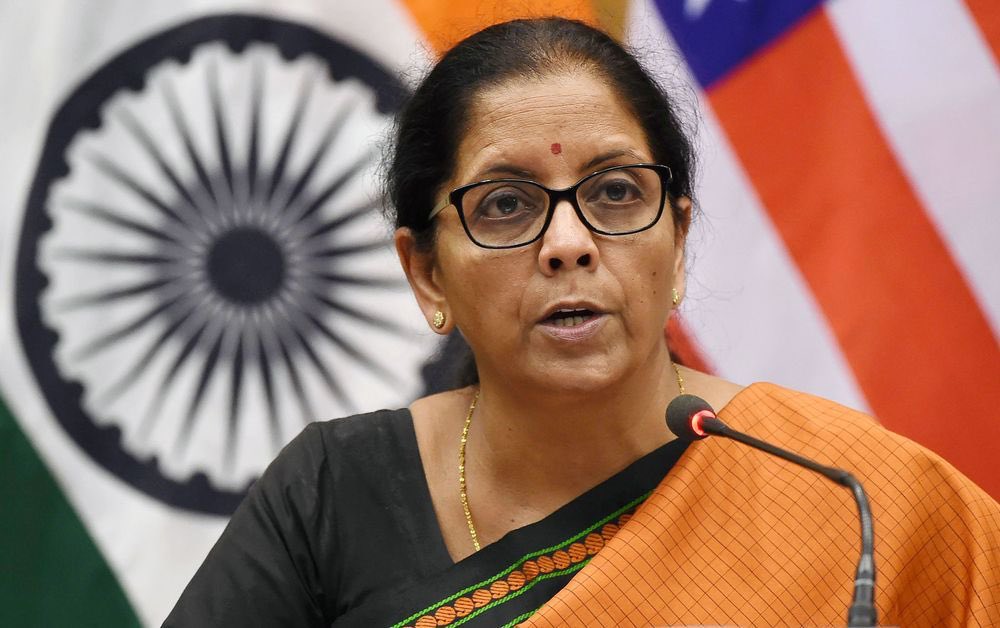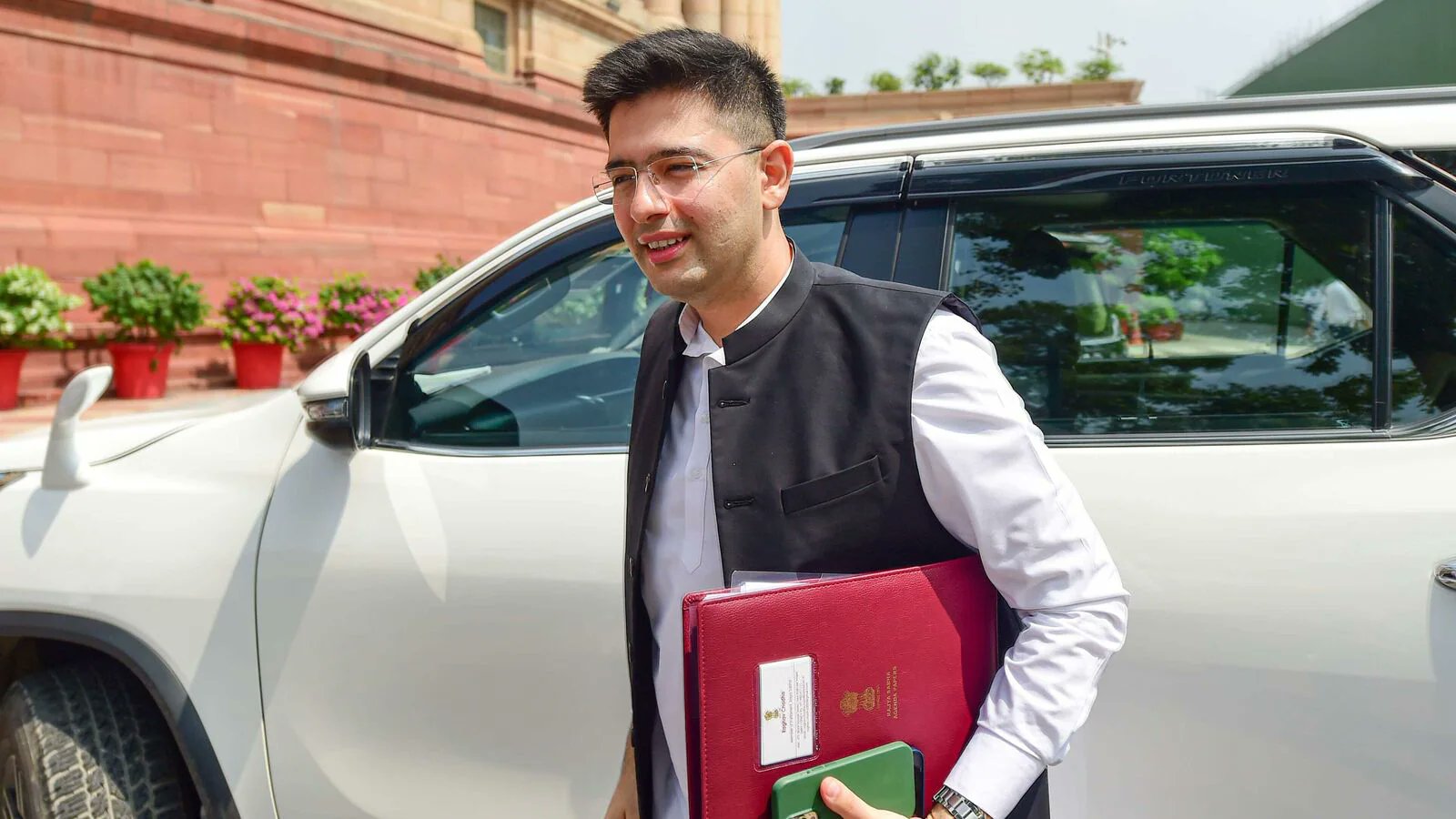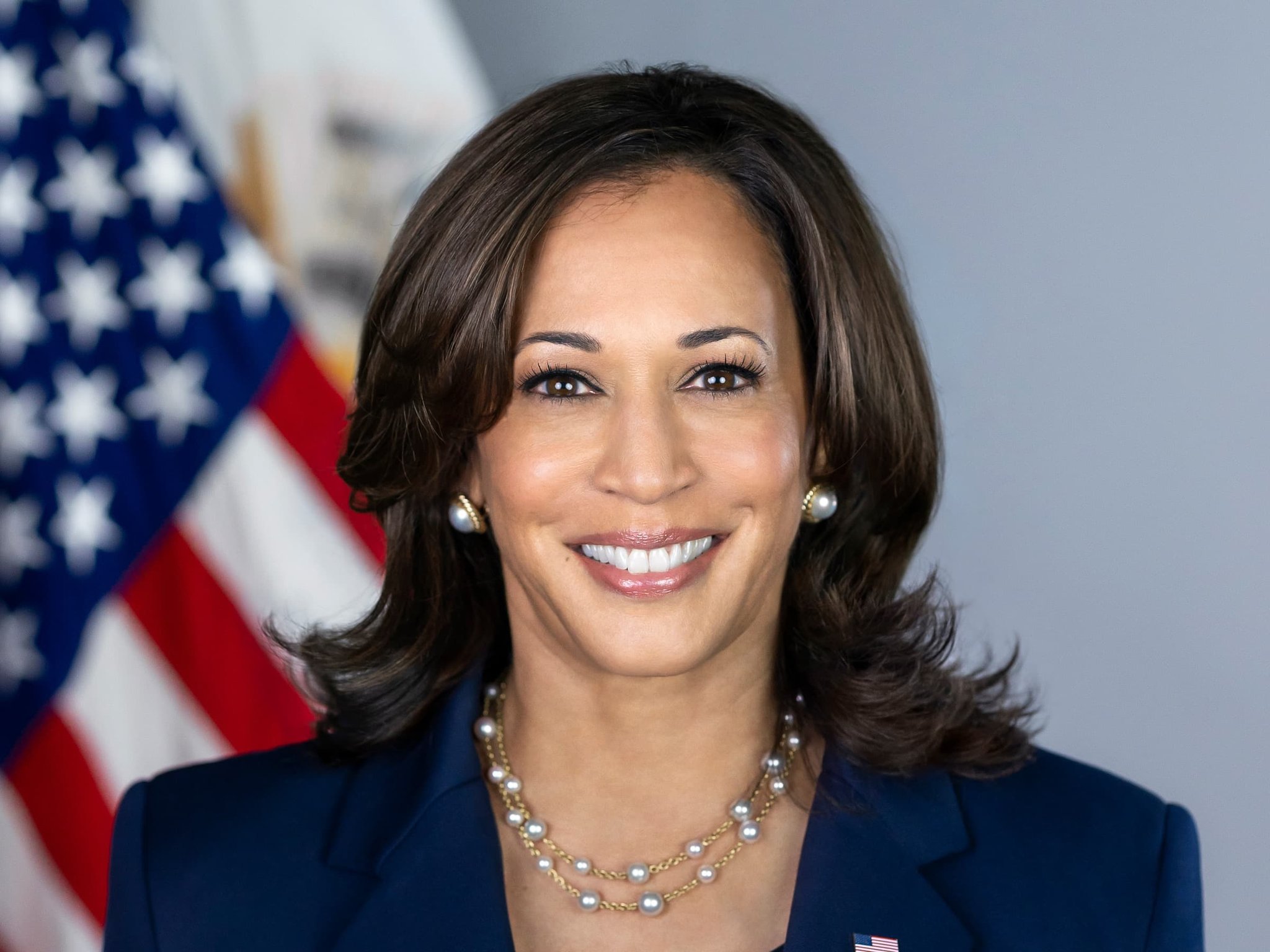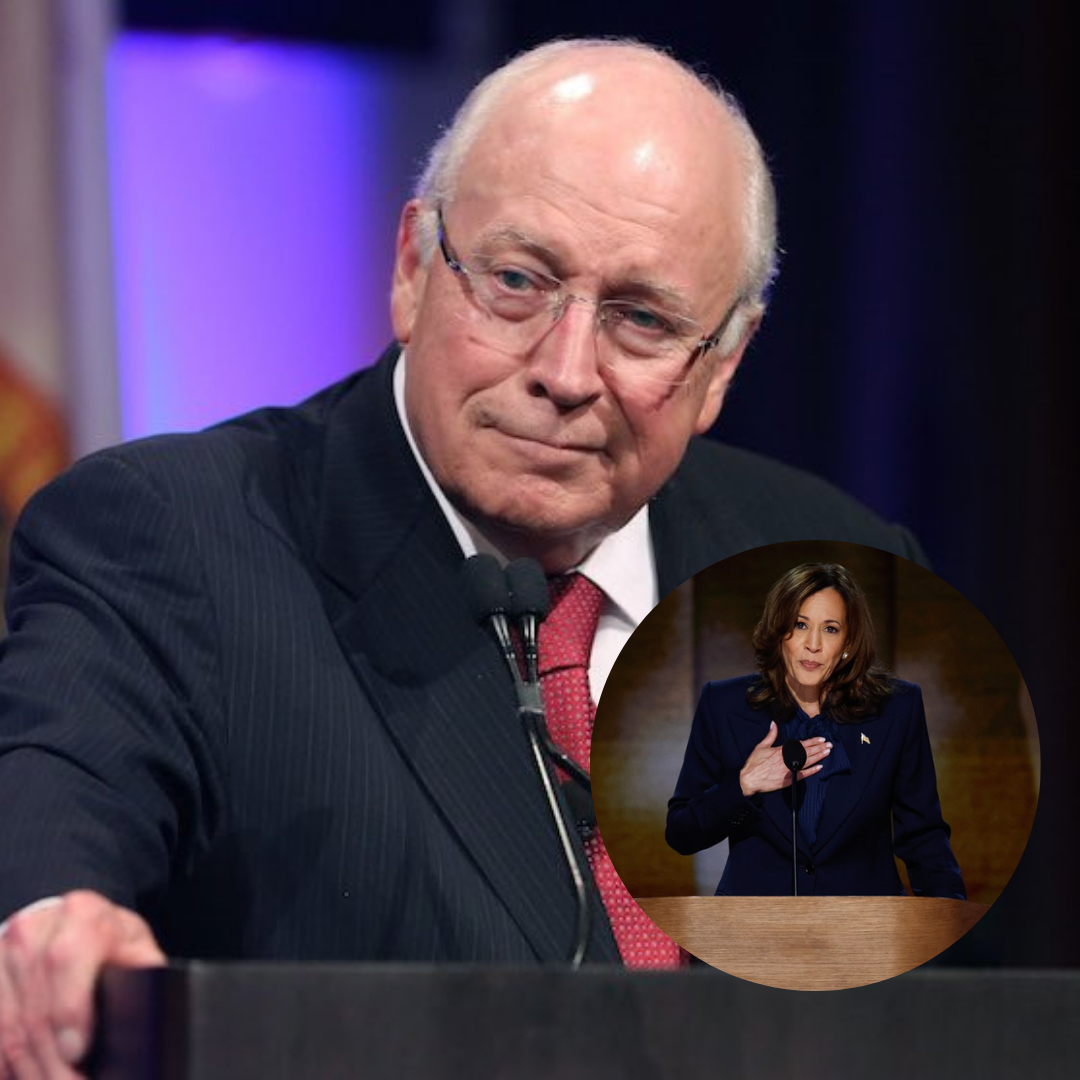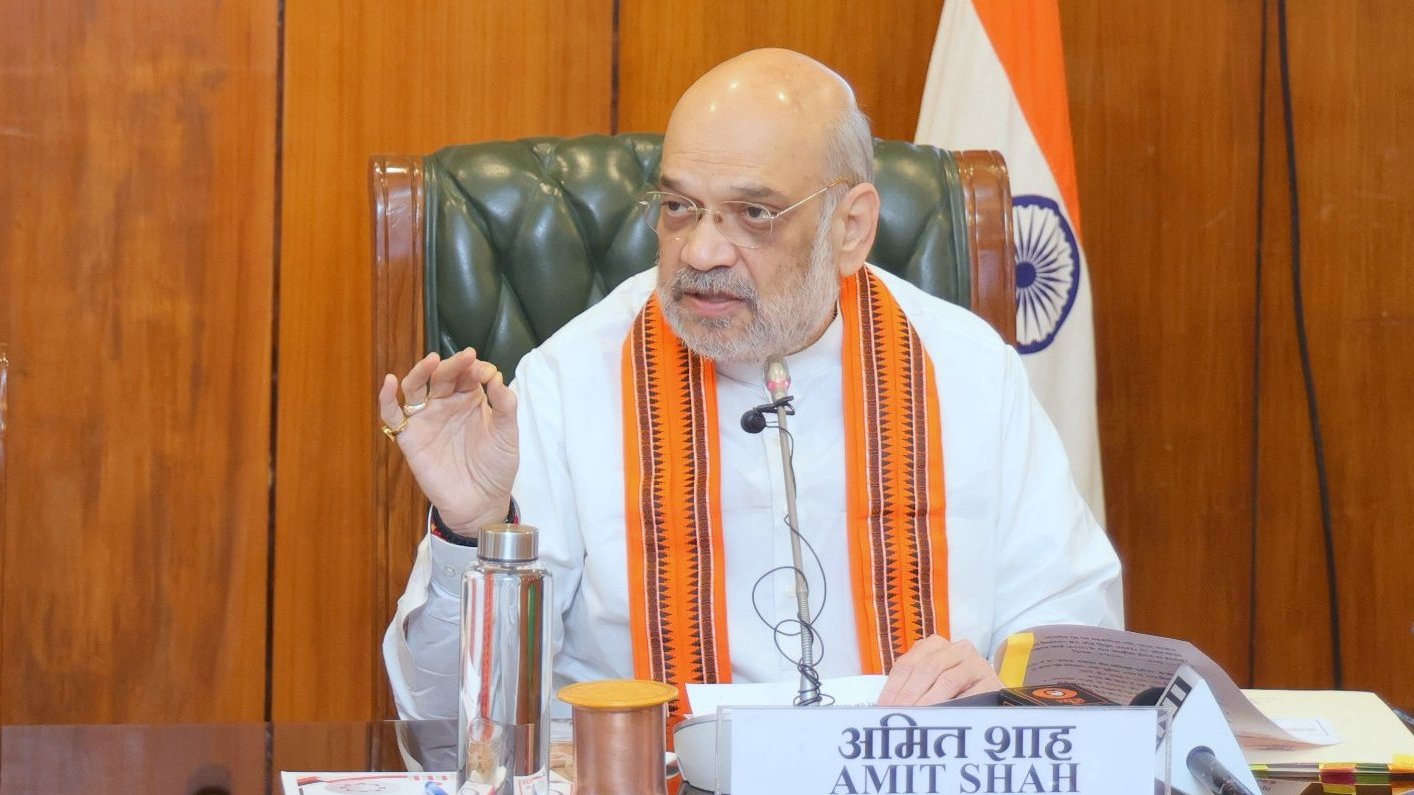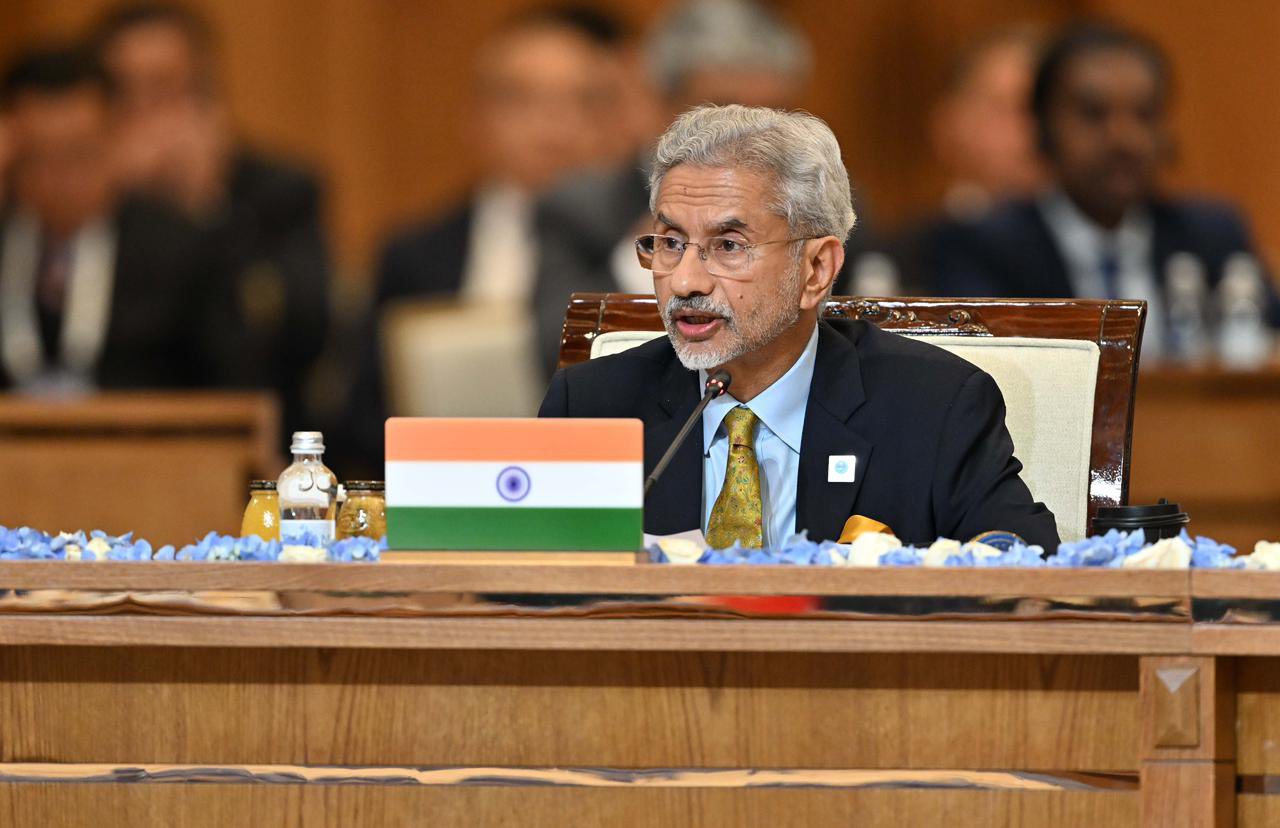In a pivotal moment for the 2024 U.S. presidential race, Vice President Kamala Harris has officially signed the necessary paperwork to become a candidate for the upcoming November elections. This significant step marks Harris’s formal entry into the contest for the highest office in the land, setting the stage for what promises to be a dynamic and highly competitive race.
A Historic Bid
Kamala Harris’s candidacy is historic on several fronts. As the first female, first African American, and first South Asian Vice President of the United States, her decision to run for president represents a continuation of her groundbreaking political career. Her entry into the presidential race underscores her determination to build upon the accomplishments of the Biden administration and to address the pressing issues facing the nation.
The Road to Candidacy
Harris’s journey to this point has been marked by a blend of advocacy, legislative accomplishments, and high-profile roles. Since being sworn in as Vice President in January 2021, Harris has taken on a range of responsibilities, including spearheading initiatives on immigration reform, infrastructure development, and climate change. Her performance and visibility in these roles have bolstered her profile as a presidential contender.
Her campaign is expected to highlight her record on these issues, alongside her work in the Senate prior to becoming Vice President. As a senator from California, Harris was known for her vigorous efforts on criminal justice reform, healthcare access, and economic equity.
Strategic Considerations
Harris’s decision to run for president comes at a crucial time for the Democratic Party. With President Joe Biden having completed his first term and seeking re-election, Harris’s candidacy will likely be framed as both a continuation and an evolution of the current administration’s policies. Her campaign will need to balance leveraging the achievements of the Biden administration with presenting a clear and compelling vision for the future.
One of the key challenges Harris will face is differentiating herself from Biden while maintaining the support of the Democratic base that has been loyal to his presidency. This balancing act will be critical as she seeks to appeal to a broad electorate, including progressive voters who may be looking for more transformative change.
The Campaign Launch
The formal announcement of Harris’s candidacy has been accompanied by a wave of media attention and public scrutiny. Her campaign launch event, held in her hometown of Oakland, California, featured speeches from prominent supporters and highlighted her achievements and vision for America’s future. The event also showcased a strong grassroots mobilization effort, emphasizing Harris’s commitment to engaging with voters across the country.
In her announcement, Harris articulated a vision of unity and progress, focusing on key issues such as economic recovery, healthcare reform, and social justice. She also emphasized the importance of addressing climate change and improving the nation’s infrastructure. Harris’s campaign is expected to mobilize a diverse coalition of supporters, including women, people of color, and younger voters.
Key Issues and Policies
As she enters the race, Harris’s campaign will likely prioritize several key issues:
- Economic Recovery: Harris has indicated that her administration would focus on strengthening the economy through job creation, investment in infrastructure, and support for small businesses. Her campaign will likely emphasize policies aimed at reducing income inequality and promoting economic growth.
- Healthcare: Building on her previous work, Harris is expected to advocate for expanded access to healthcare, including efforts to lower prescription drug costs and enhance the Affordable Care Act. Her stance on healthcare reform will be a significant component of her campaign platform.
- Climate Change: Addressing climate change has been a central issue for Harris throughout her political career. Her campaign is anticipated to advocate for aggressive action to combat climate change, including investments in renewable energy and sustainable practices.
- Social Justice: Harris has been a vocal advocate for criminal justice reform and racial equality. Her campaign is likely to continue focusing on these issues, promoting policies aimed at reducing systemic inequalities and enhancing community safety.
The Political Landscape
Harris’s candidacy adds a new dimension to the 2024 presidential race, which is expected to be highly competitive. The Republican field is also shaping up, with several prominent figures likely to enter the race. Harris’s campaign will need to navigate a complex political landscape, addressing both the challenges posed by Republican opponents and the expectations of Democratic voters.


